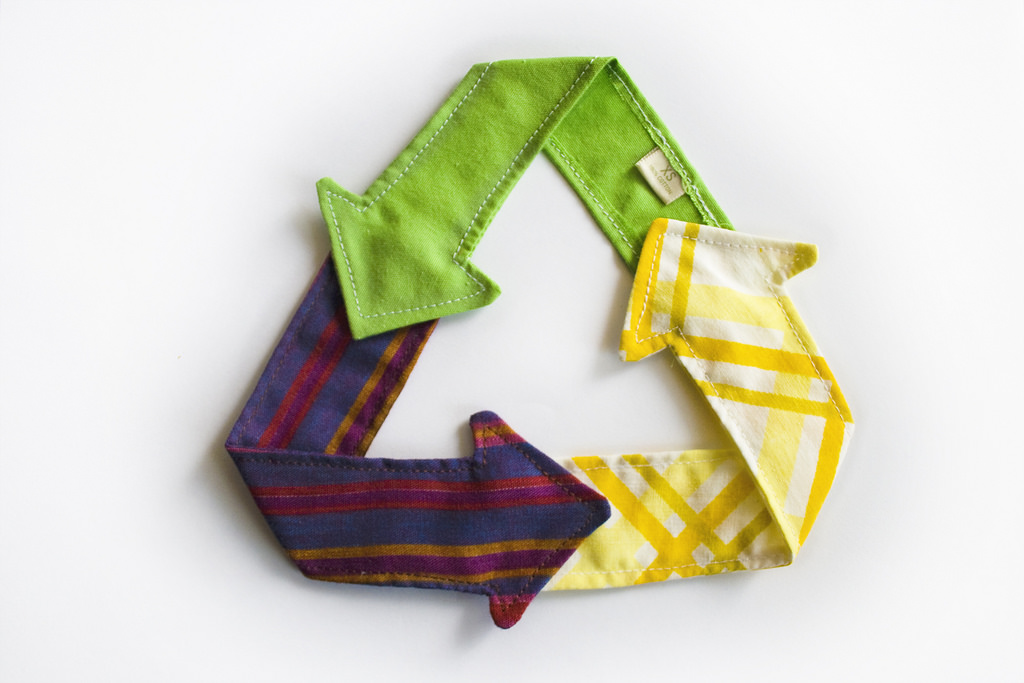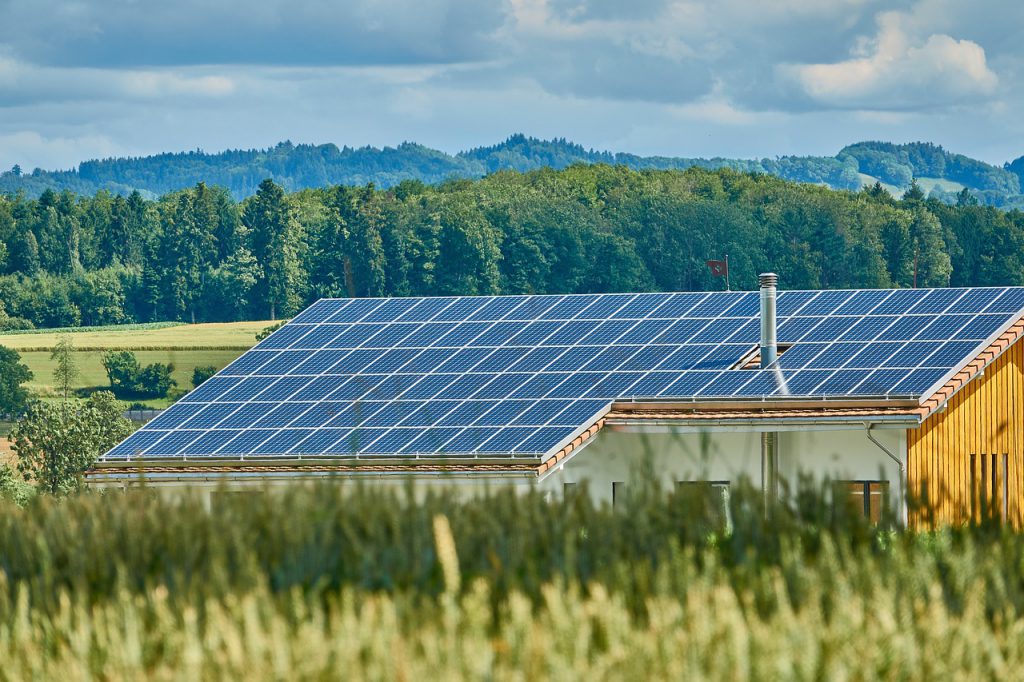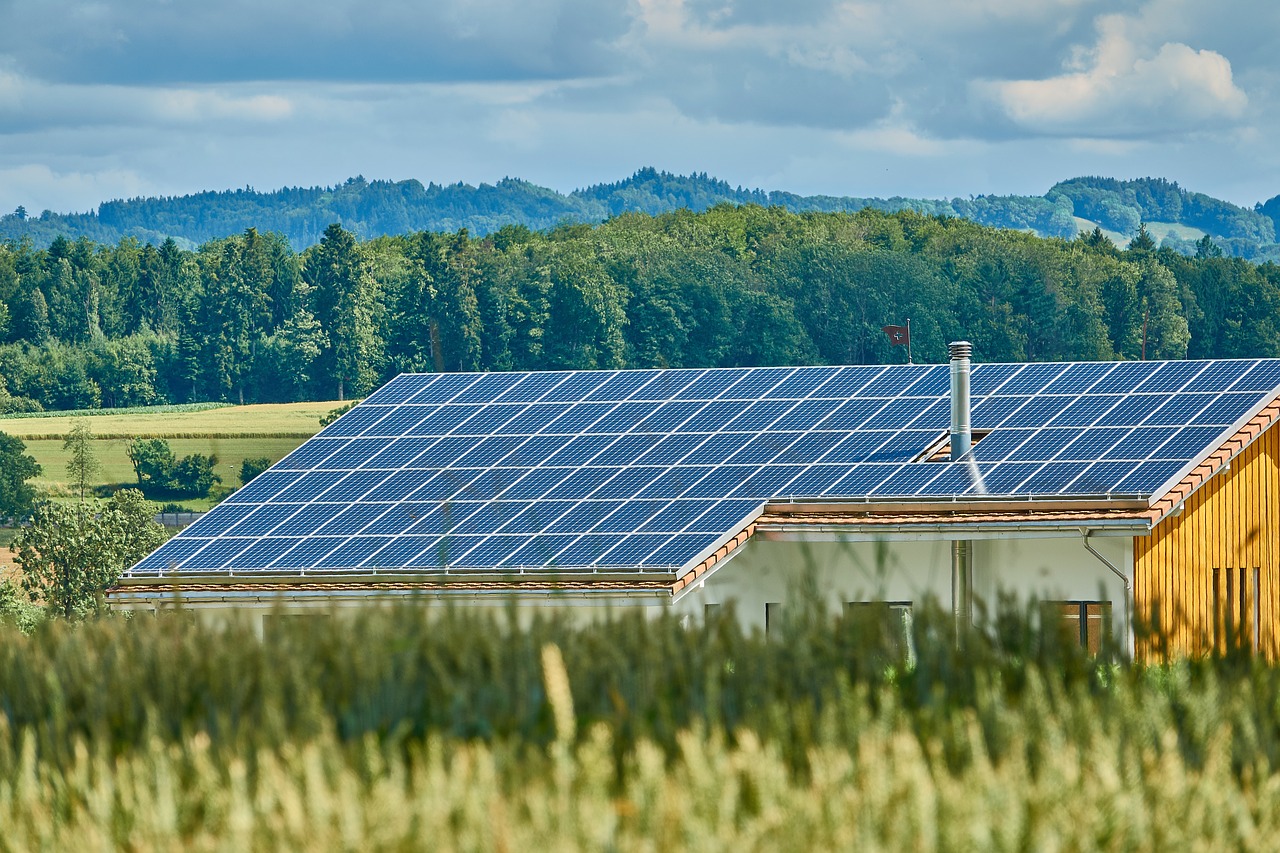Sustainable living is a big topic in 2018: How can we lower our carbon footprints & make the world a better place, when there’s only so much time in a day? We’ve put together the most effective actions you can take to live a green lifestyle.
These 5 paths to sustainable living have been proven to significantly reduce people’s carbon footprints and really make a difference. Even if you follow just one of these, you’ll be living that sustainable lifestyle in no time.
Table of Contents
1. Sustainable Living = Cutting Back on Your CARbon
Transportation produces 30% of all US greenhouse gas emissions. Unfortunately, not everyone can decide to travel less or afford switch to an electric vehicle right away.
So, if a shiny new Tesla isn’t in the cards for you, don’t worry–there are still plenty of ways you can get around more sustainably. The greenest option for many is to bike whenever you can. Biking requires no energy besides your own (and hey, your body will thank you), and bikes require a lot less energy to manufacture!
Still, biking isn’t an option for everyone. Sharing your fuel can also make a big impact–carpooling or taking public transportation are significantly more efficient than solo driving, and can make a big difference in reducing your emissions.

Finally, it’s important to note that electric vehicles are the more sustainable long-term option for almost anyone considering a new vehicle. While some individuals have asserted that they can cause increases in certain types of pollutants, the reality is that they’re much more sustainable that gas-powered cars–especially when you consider that energy systems will become more sustainable during the vehicle’s lifetime.
2. Sustainable Style for a Sustainable Lifestyle
Believe it or not, it takes over 700 gallons of water to make just one cotton shirt, and polyester production alone can produce the same amount of yearly emissions as 185 coal-fired power plants.
To make your closet more sustainable, keep the following basic principles in mind.

- Buy clothes made from sustainably sourced materials like bamboo and hemp, and avoid synthetic materials like polyester (one of the most carbon-intensive textiles you can buy).
- Never buy fast fashion. Buying items that last 20-30 years will save you money in the long run, and more and more companies are offering lifetime guarantees on their clothing items. When you can afford it, do your research and spring for longer-lasting clothes.
- Never throw out your old clothes. Donate, repair or recycle clothes to keep them out of landfills and reduce the demand for new clothes.
Next time you go shopping, ask yourself a few things before buying that new shirt: What is this made of? Will it last? Do I really need this?
Here’s a list of some of the most sustainable clothing companies that you can shop from.
3. Cut Out Meat to Cut Out Carbon
No, we’re not going to tell you have to go vegan. But cutting meat out of your diet, even just a few days a week, can greatly reduce your carbon footprint.
That’s because, according to several studies, producing and distributing red meat can lead to 10 – 40 times more emissions than other agricultural products. Think about how much carbon is avoided when you eat an ear of corn instead of a piece of steak, which requires hundreds of ears of corn to produce.
A sustainable lifestyle, however, does not have to be meat-free. In general, it’s much better for the environment and your health when you buy less meat of higher quality. So, when you do eat meat, be sure to consider where it comes from. Local, grass-fed meat is often the more sustainable choice, and can be an affordable choice when you choose a more plant-based diet.

4. Jump on the Zero Waste Bandwagon

New sustainable lifestyle trends are emerging all the time, and gone are the days when their main proponents were “crunchy-granola” hippies. One of our favorite recent trends is the revamped zero-waste movement.
Across the world, trend-setters are taking the initiative to cut their wastes down to zero by reusing whatever they can whenever they can. Even better, they’re proving to the world that it’s way easier than it sounds. Living a zero-waste lifestyle is as easy as bringing your lunch to work in glass containers, or washing your hair with a shampoo bar.
5. Turn Your Home into a Net-Zero Haven
One of the best ways to live sustainably is to start with where you live. Many newer homes are designed to be net-zero: they produce as much energy as they consume. But a combination of energy-saving home improvements and switching to clean energy can make your older home significantly more sustainable.
These improvements range from minor expenses to large investments, and from extremely easy to pretty complex, but all will help you reduce your footprint and save money in the long run!
To figure out what sorts of improvements you can make in your home and what options you have for switching to clean energy, check out our Guide to Energy Efficiency, which you can access by filling out the form below.






Interesting post. As I have started living an eco-friendly lifestyle from the past few months so this post is very helpful to me as I would like to suggest to my family to install solar panels so that we can save the environment and also our electricity bills. Keep sharing such useful articles with the readers.
This is actually helpful, thanks.